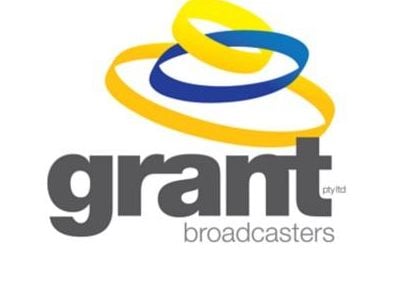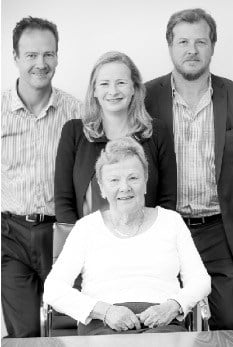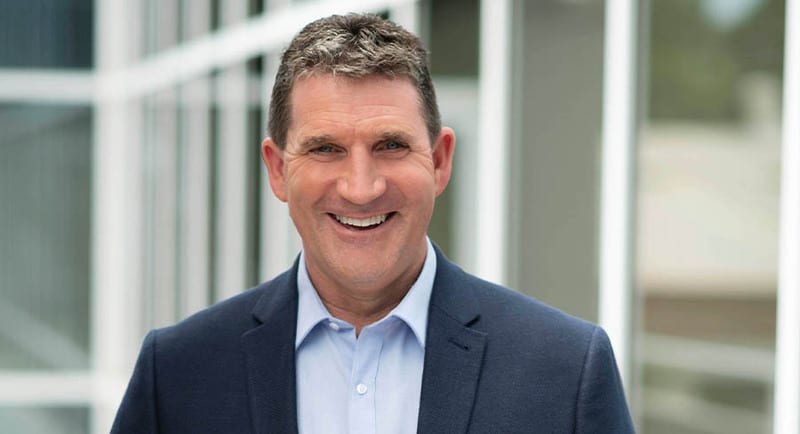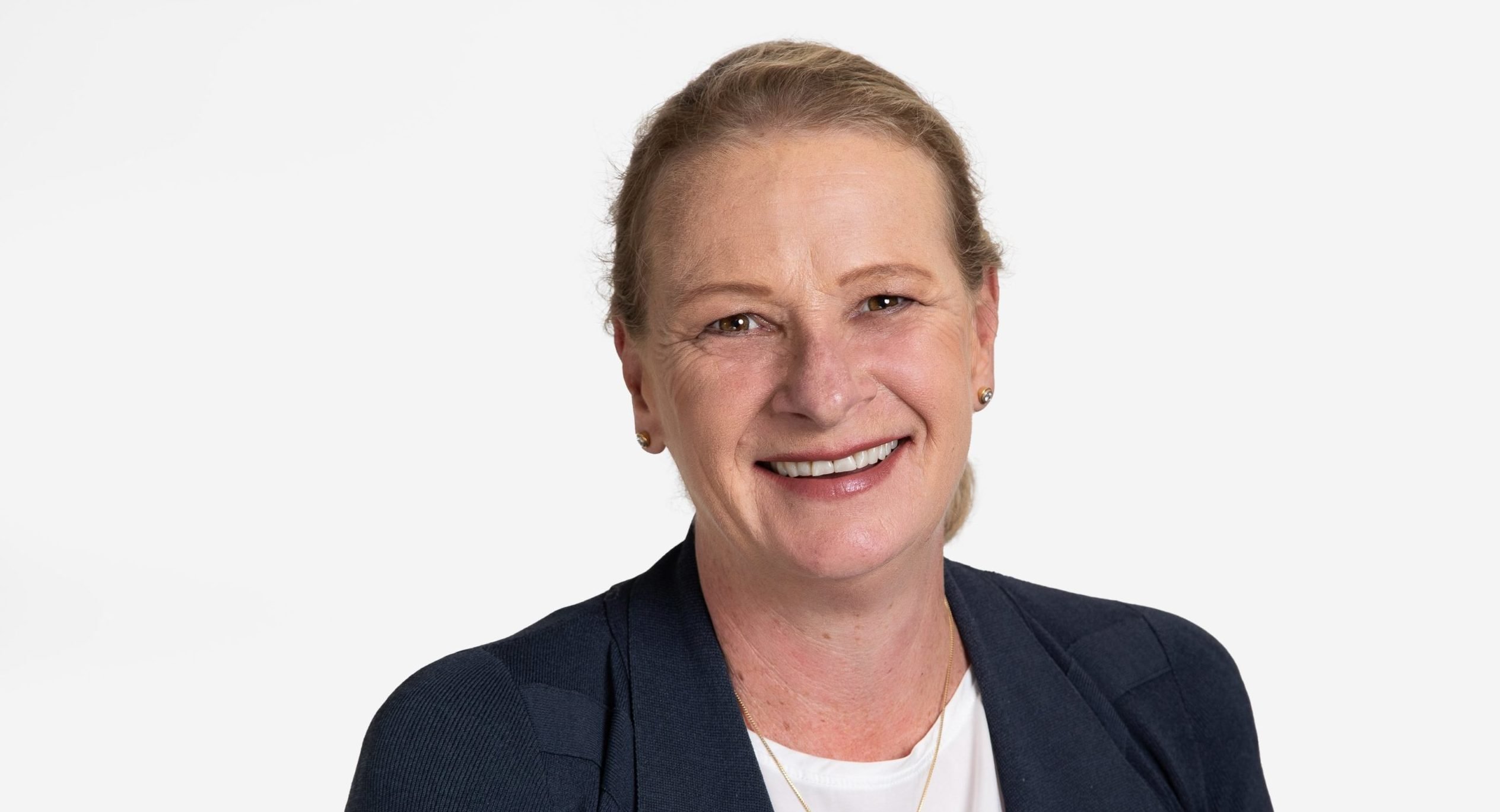In November, ARN’s parent company HT&E announced its acquisition of Grant Broadcasters.
The acquisition includes radio and digital operations across 46 Grant’s stations and will combine with ARN’s existing 13 stations.
“Grants is a very well run, very efficient regional radio network. For us, it’s really a revenue play allowing ARN to access that national revenue which we don’t necessarily get because we don’t have a regional network,” ARN chief content officer Duncan Campbell told Mediaweek after the final radio ratings survey of the year.
“We very much believe in live and local. Having Grants as part of ARN next year will make us a much bigger network which will be great for advertisers and the reach that we can give them for their brands.”
See More: Duncan Campbell on how ARN is reaping the rewards of hard work
Nov 15: Grant Broadcasters sale: Alison Cameron told ARN it had better be a good offer
“We weren’t looking to sell the business when we received an unsolicited offer from HT&E,” Alison Cameron, CEO of Grant Broadcasters, told Mediaweek on Friday, not long after the ASX had been alerted about the deal to sell most of the family’s network of stations across Australia to HT&E.
This is the biggest regional radio transaction since Macquarie acquired 57 stations from RG Capital Radio for $193m in 2004.
See also: HT&E buys Grant Broadcasters and will merge it with ARN network
“I said we were not for sale,” Cameron continued. “I added that if they wanted us to consider it, the offer had better be attractive.” She explained Grant Broadcasters had a number of offers over the years, but nothing concrete or anything worth seriously considering.
“The negotiation period between HT&E and Grant was quite short. When we reached agreement, the time to complete the deal was just 10 weeks, including due diligence.”
Both parties managed to keep a tight lid on the news by involving only a handful of people within each organisation.
While Alison’s mother and former MD and current board member Janet Cameron was not exactly thrilled with the sale, Alison explained: “This is all she has ever known. It is her legacy. If she had her way she would have kept it. But she also understands that this is a fabulous opportunity for the family and the radio stations.

“I feel really positive about the new home for the Grant Broadcasters stations. They will be part of a bigger picture and they will have the scale and greater access to digital and technology that we could never have provided.
“There are also now real opportunities for our talent o progress through the company all the way to metro. We couldn’t provide that.”
Alison Cameron said her family have shown their faith in the combined ARN regional/metro network by taking shares in the expanded business.
ARN doesn’t get Capital Radio shareholding
Grant Broadcasters will continue to run its Geelong stations K-Rock and Bay 93.9 and also the AM and FM licences run as a 50/50 JV with Capital Radio in Canberra, Goulburn and Perth.
Cameron: “Geelong is a great market and it is run by one of our best managers Andy Mathers. We are confident Andy will continue to do a great job and the stations will continue to prosper.”
When asked if the family signed a non-compete that stops them from building another network, Alison replied: “We wouldn’t want to. You either exit or you don’t. This is effectively our exit from media.”
As part of her future as an HT&E board member, Alison Cameron has had to step down from any further involvement with the remaining media assets. Her younger brother Dugald Cameron looks after the family non-media investments including property and a hotel, while older brother Grant Cameron will oversee the Geelong stations.
There is no third generation of Grant family members in the company which was another of the considerations when Janet, Alison, Grant and Dugald discussed the future. Janet has grandchildren aged between 16 and 28.

The Grant family: Cameron, Alison and Dugald with their mother Janet
Live and local breakfast essential for revenues
Boomtown has helped revenues in regional areas and Alison Cameron said that the radio stations are already trading back at pre-Covid revenue levels. “Many of our local markets didn’t have any Covid and managed to avoid lockdowns which meant those local economies managed much better than some others with almost business as usual.”
Every market Grant stations operate in have live and local breakfast shows. “Then depending on the size of the market, many stations are also live across the day and into drive.”
With SCA ceasing some of its live regional breakfast shows across its regional Triple M and Hit networks in favour of state-wide shows, Alison said that was good news for her stations. “On the Gold Coast, our punchline is ‘100% Gold Coast’. There is not one piece of programming on that station that comes from outside the Gold Coast.
“It is important to us that we continue to serve the local communities. Some of our markets have syndicated Nova drive over the years, while others have a local drive show. We also have a local journalist pretty much in every market.”
That Gold Coast station, Hot Tomato, was Grant’s most recent acquisition, but that is as close as the board ever came to getting into metro markets. “We have had opportunities, particularly with some of the cheaper stations. Metro is very competitive. We prefer regional where we can serve the local community.”
The licence sales to HT&E mean this is the first time that many outsiders have got a close look at the size of the Grant Broadcasting business and just how well it seems to have been managed.
“I think that might have surprised a lot of people,” said Cameron about the revenues of $100m and EBITDA of $35m.
“We are proud of what we have done and we haven’t cut costs to the bone. We have enjoyed a healthy return from what we have built, but we also have served the local communities and done what is right for them.”

Ciaran Davis
Ciaran Davis on expansion into regional Australia
The CEO of HT&E was on the phone with the investment community most of Friday explaining the rationale and taking questions about the acquisition of Grant Broadcasters.
“There was an underappreciation of the size of the scale of what Grant Broadcasters did,” Davis told Mediaweek. “The share price dropped a bit on Friday and I was surprised about that. If we just explain clearly what the new business is going to be it will come back.”
Ciaran Davis said Grant Broadcasting was a business ARN had long admired. “When you ask yourself what you could do in radio across Australia, this is the premium company you would want to work with.
“Alison and I had an initial chat. We had built a good relationship over many years and when we had a deal, we got it done in 10 weeks.”
ARN is not looking to quickly roll out its metro content into regional markets. “Regional radio is live and local content,” said Davis. “We are not looking at this as a cost efficiency exercise. We are looking at this for what we could write for national revenue.”
Davis noted how regional TV and many newspapers are syndicating metro content. “Radio shouldn’t do that. We will continue to do what Grant Broadcasters has done with investment in live and local talent.
“There are a couple of syndicated shows from Nova and Nine. We will look at the network and see if it is appropriate for our content to replace that.”
With Alison Cameron and Rick Lenarcic taking board and a leadership group role at ARN, Davis said he expected all other staff to continue with Grant also. “We will focus first on national revenue and the team from TRSN will come across and learn about the national agency sales team we have. We will then go to market with the #1 metro network and the #1 regional network.”
Plans for KIIS and Pure Gold brands
ARN doesn’t intend, at least initially, to roll out the KIIS or Pure Gold brands like SCA has done with Triple M and Hit into regional markets.
Davis: “When you think of things like Power FM or Hot Tomato, they have heritage in their markets. I’m not sure that rolling out KIIS or Pure Gold to replace them makes sense. Local brands will stay as they are.”
The huge additional regional audience also expands the reach of what ARN is doing with digital audience expansion via iHeartRadio. “Podcasting is also something we can roll out across the expanded network.” That will continue to increase podcasting revenues. Davis said this year ARN podcast ad revenue has grown from $1m a month to $1.5m.
